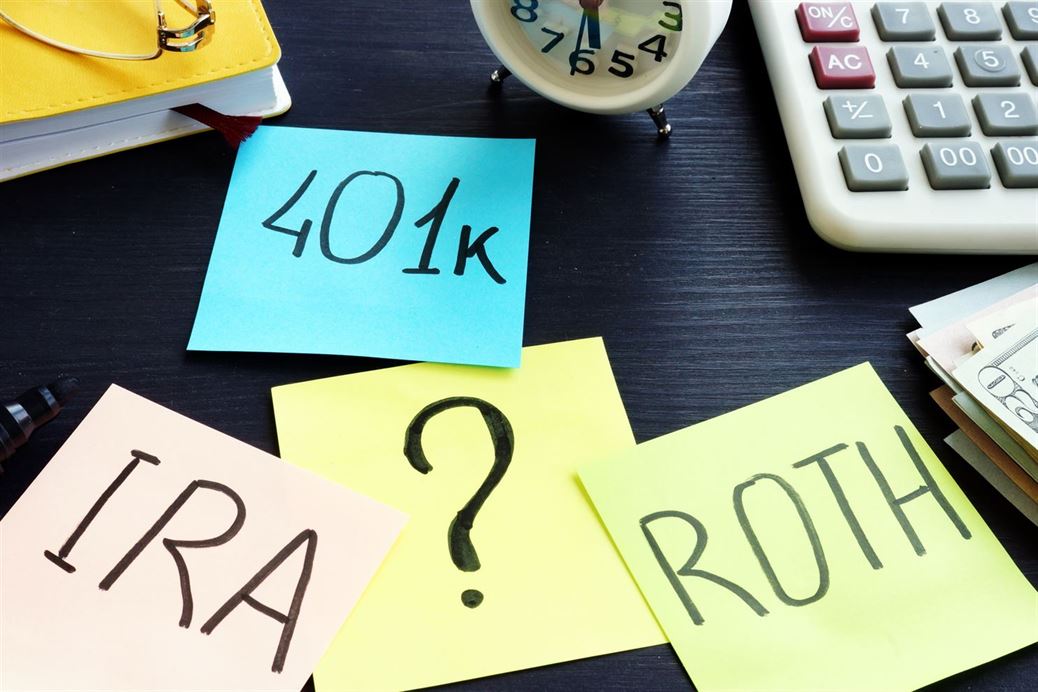
We know that preparing for the future can seem scary and unpleasant
Especially when it’s a future where you or a loved one is no longer living. However, it’s imperative to have these plans in place to ensure your family is cared for after you are gone. When someone dies without a will or critical estate planning documents in place, you may be wondering what steps need to be taken. At MHPS, our Tennessee intestate administration attorneys can handle the intestate administration process for your family.
What is Intestate Administration?
When an individual dies without a will, the process by which a fiduciary is appointed to the deceased’s estate is called intestate administration. Typically, the court will base this on survivorship in order of relationship.
Under Tenn. Code § 31-2-10, “When any person dies intestate, after the payment of debts and charges against the estate, the deceased’s property passes to the deceased’s heirs as prescribed… Any part of the estate of a decedent not effectively disposed of by the deceased’s will passes to the deceased’s heirs in the same manner.”


So, what does that mean?
Tennessee code of intestate succession explains that who the fiduciary of an intestate estate is and how the estate will be disseminated largely depends on the living relatives. For example, if there is a surviving spouse, that individual may receive the entire intestate estate or one-third of a surviving child’s share of the entire intestate estate, whichever is greater. The children then equally inherit the remaining balance of the estate.
However, if there are children but not a surviving spouse, the children will equally inherit the entire probate estate. If there are no surviving spouses or children, the estate will be distributed to surviving parents, grandparents, etc. If there are no family members, the probate estate returns to the State of Tennessee.
Additionally, if you have a domestic partner in Tennessee, neither the state nor any municipalities provide specific rights to domestic partners and, if you are unmarried but live with your partner, they will not inherit any property or assets unless a will exists that details those wishes.
Contact Out Tennessee Intestate Administration Attorneys Today
When a loved one passes unexpectedly without a will, you may feel overwhelmed with the emotional burdens of your loss and the financial pressures you are now facing. But you don’t have to handle it alone.
At MHPS, our Tennessee estate planning lawyers will guide you through the intestate administration process with the compassion needed. With years of experience in estate planning and administration, we know how to best protect your loved ones’ assets and ensure that they are distributed to the proper individuals.
If you need guidance on the intestate administration process, we’re here to help. Contact us at MHPS now for more information.




